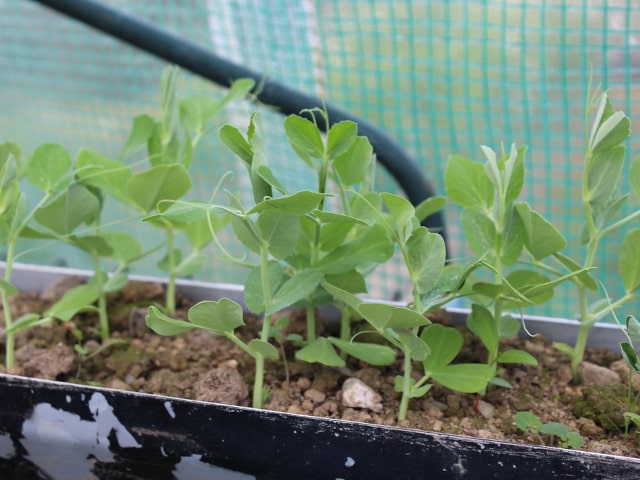Mulching is a great partner to composting for creating the perfect home garden. It is not only the compost with nutrients for your garden’s vegetables, flowering plants, and trees mulch that can also help conserve the needed moisture in the soil around your plants. This simple action will enable you to cut down on your water usage needed to water your yard and garden, which is an additional step towards implementing a more sustainable living style around your home. Mulch- rock installation Downriver Michigan, Mulching can also help to reduce growing weeds making it a great addition in your efforts to the garden.
What Are The Most Common Elements Of Mulch?
Shredded leaves and grass clippings, garden wastes, pine needles straw shredded bark, small pieces of wood are all fantastic ingredients to make great mulch. Making a immediately useful nutritious, nutrient-rich mulch can be simple to create by using the fallen leaves of trees that are in your backyard. Fill up a big trash bin around one-third full of chopped leaves. Use an edge trimmer that spins strip or strong blade, cut leaves into smaller pieces.
While organic mulches are most frequently used and offer the highest amount of nutrients to your plants due to their ability to decompose and improve soil quality, they can be made using inorganic materials. Granite or marble waste small fragments of gravel various stones and pebbles, and chunks of cinder block are just a few examples of what can be used to create mulch made of inorganic materials. Because they do not break down, they won’t require replenishment. Inorganic mulches are mainly useful in dry gardens and xeriscaped areas however, they are not ideal for vegetable gardens.
How Many Tons Of Mulch Do You Require? Here’s A Good General Rule Of Thumb To Remember
It is recommended to apply about one cubic foot of mulch for each 4 square feet surface. For shrubs and tiny trees. A circular space at the bottom of every plant around three feet in circumference is about two to two quarter cubic yards of mulch. A garden of 10-by-16 feet will require around 40 cubic yards of mulch or many wheelbarrows. If you purchase the mulch at an item from a local nursery, it usually is sold in bags that are about 2 cubic feet each bag.
Prior to applying your mulch take out any weeds that are growing the area around the plants. Also, cut off dead stems or branches. Mix any soil amendments or compost into the soil surrounding the plants prior to spreading the mulch. Mulching can help your garden conserve nutrients and water as well as enhance the well-being that your plant life enjoys. Applying mulch on compost that has been mixed with the soil can provide all the nutrients your garden requires. It is organic and free of chemicals.




